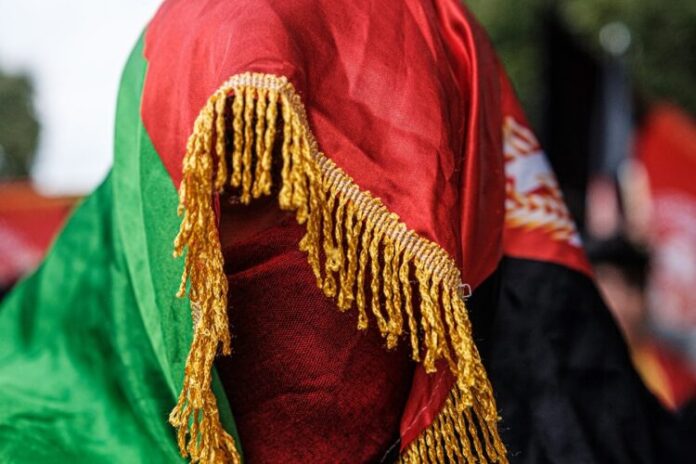In a conference organized on Türkiye’s suggestion on Wednesday, the Organization of Islamic Cooperation (OIC) examined the deteriorating social and economic conditions in Afghanistan, Daily Sabah reports.
The Afghan interim administration was urged by the OIC’s executive committee to rethink its restriction on women working in nongovernmental organizations (NGOs) and educational institutions. The committee resolved to send a second team to Afghanistan to inform the Taliban of the OIC’s position on human and women’s rights.
The committee voiced its displeasure with the temporary Taliban government’s measures to limit women’s access to higher education and to jobs in nongovernmental organizations.
Foreign Minister Mevlüt Çavuşoğlu spoke with his colleagues from Muslim nations such as Saudi Arabia, Indonesia, the United Arab Emirates (UAE), and Qatar, to discuss the choices made on women in Afghanistan and the most recent events.
The foreign minister underscored that “the Taliban’s decision to ban women from universities in Afghanistan has no basis in Islam.”
“This ban is neither Islamic nor humanistic. Islam encourages education,” Çavuşoğlu said last month.
The 49th OIC Foreign Ministers Council, which will be hosted in Nouakchott, Mauritania, on March 16-17, will place the events in Afghanistan at the top of its agenda.
The Taliban imposed an immediate ban on women attending all Afghan universities in December of 2022. This was the latest in a string of actions the organization has taken to severely curtail women’s rights and marginalize women and girls from public life since assuming control in 2021.
Many humanitarian activities had to be shut down as a result of the prohibition on women working for NGOs, which was announced on December 24. These groups insisted that they could not and would not continue to operate without their female workers.
Thousands of people have already been impacted by the service interruption, according to aid organizations. A people already suffering from decades of conflict, poor living circumstances, and economic hardship would suffer grave and even fatal repercussions if the prohibition is kept in place.
Since the Taliban took over in August 2021, NGOs and aid organizations have been keeping Afghanistan afloat. The seizure resulted in the suspension of foreign lending, the freezing of currency reserves, and the isolation from global banking, which caused the already precarious economy to collapse.
NGOs have risen up to the plate and offered everything from food supplies to essential services like healthcare and education.



